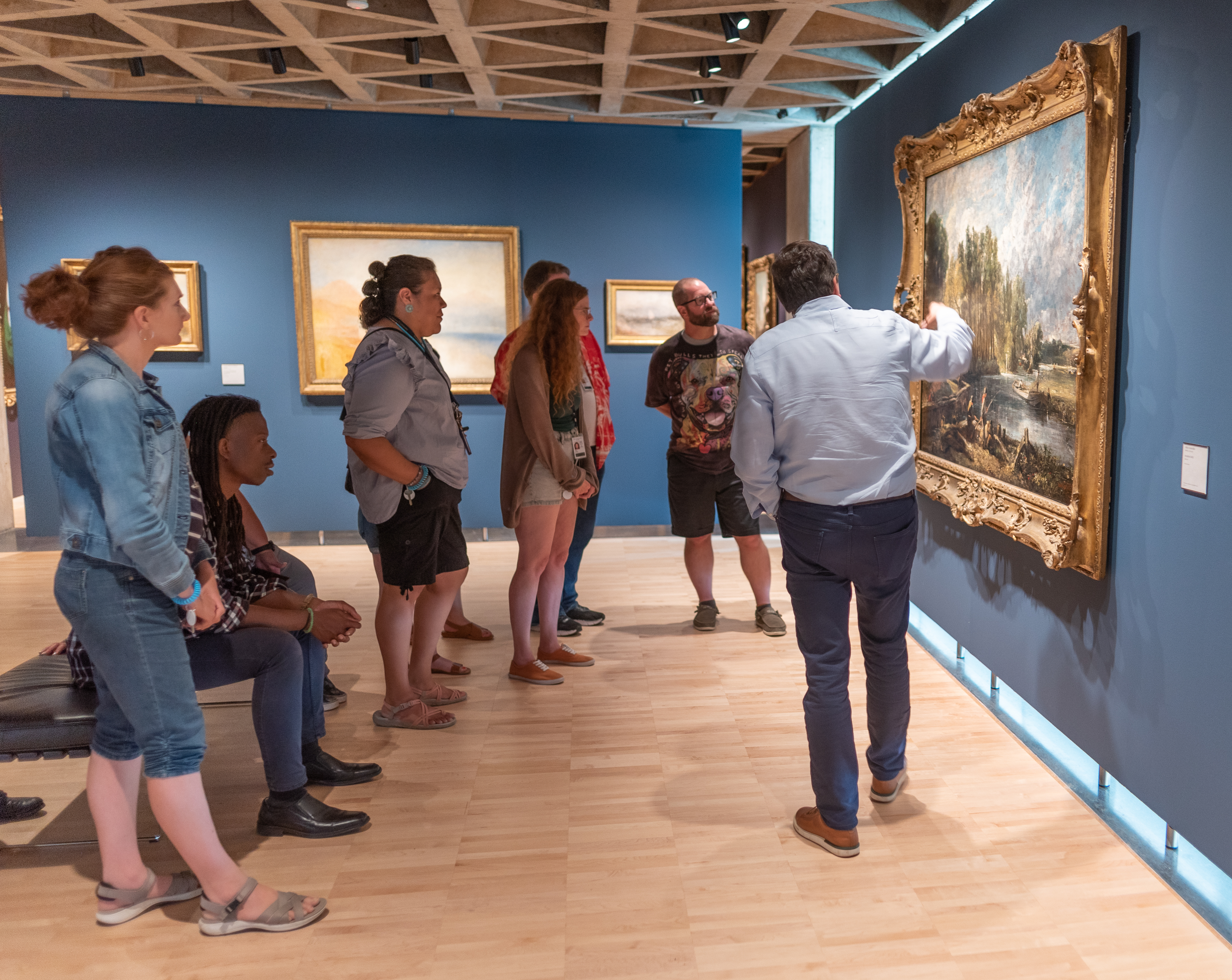- Login
- Home
- About the Initiative
-
Curricular Resources
- Topical Index of Curriculum Units
- View Topical Index of Curriculum Units
- Search Curricular Resources
- View Volumes of Curriculum Units from National Seminars
- Find Curriculum Units Written in Seminars Led by Yale Faculty
- Find Curriculum Units Written by Teachers in National Seminars
- Browse Curriculum Units Developed in Teachers Institutes
- On Common Ground
- Publications
- League of Institutes
- Video Programs
- Contact
Have a suggestion to improve this page?
To leave a general comment about our Web site, please click here
No Guts, No Glory
byJane GerughtyBiology is a process. Success in biology requires asking meaningful questions with an inquisitive mind, overcoming various obstacles and pressing on. Students want answers and results to be predictable.They feel comfortable doing cookbook science and being spoon-fed information. The goal is to have students be engaged and motivated to ask their own meaningful questions, design investigations and be comfortable with being uncomfortable. In this unit students will explore how each of the following people engaged in the scientific process to arrive at their conclusions, discoveries, breakthrough or theories: Socrates, Rosalind Franklin, Rachel Carlson, Louis Pasteur, Antony van Leeuwenhoek and Jean Baptiste Lamarck.
After exposure to the work and tribulations of these great minds, 9th and 10th grade students will be encouraged to be active learners challenged with problem solving and critical thinking. I desire students to develop the confidence to keep plugging away at problems or questions. By highlighting selected scientists who have made significant contributions to the field of biology, students will understand the process of science. Discoveries have not come quickly or easily. Only through much perseverance have scientists helped us understand the world we live in.
(Developed for Biology, grades 9-10; Physiology, grades 11-12; and Health, grade 9; recommended for Biology, grades 9-12; Health, grade 9; and Physiology, grades 11-12)




